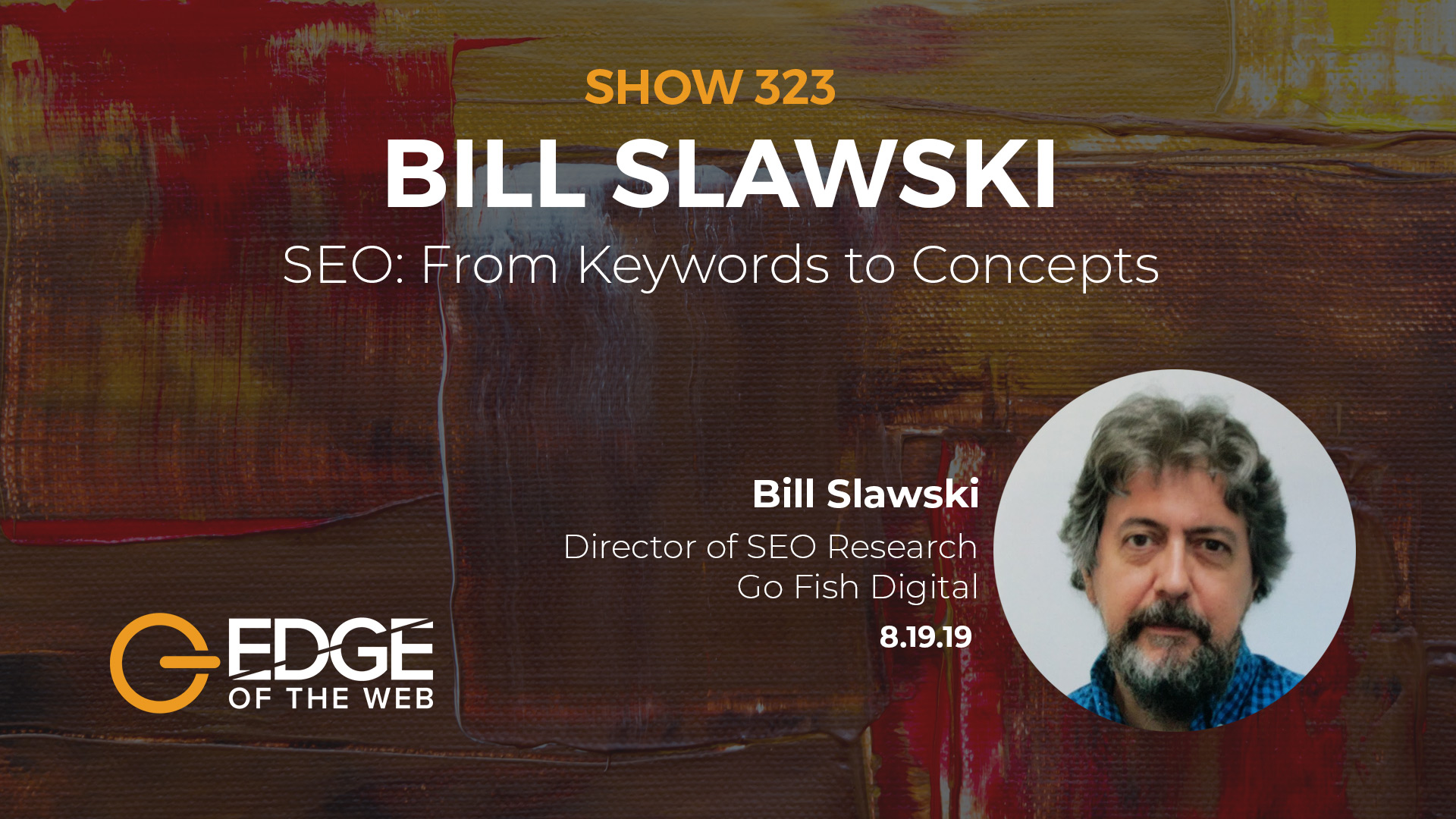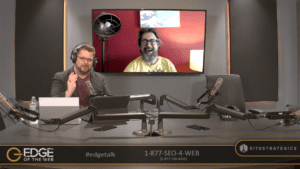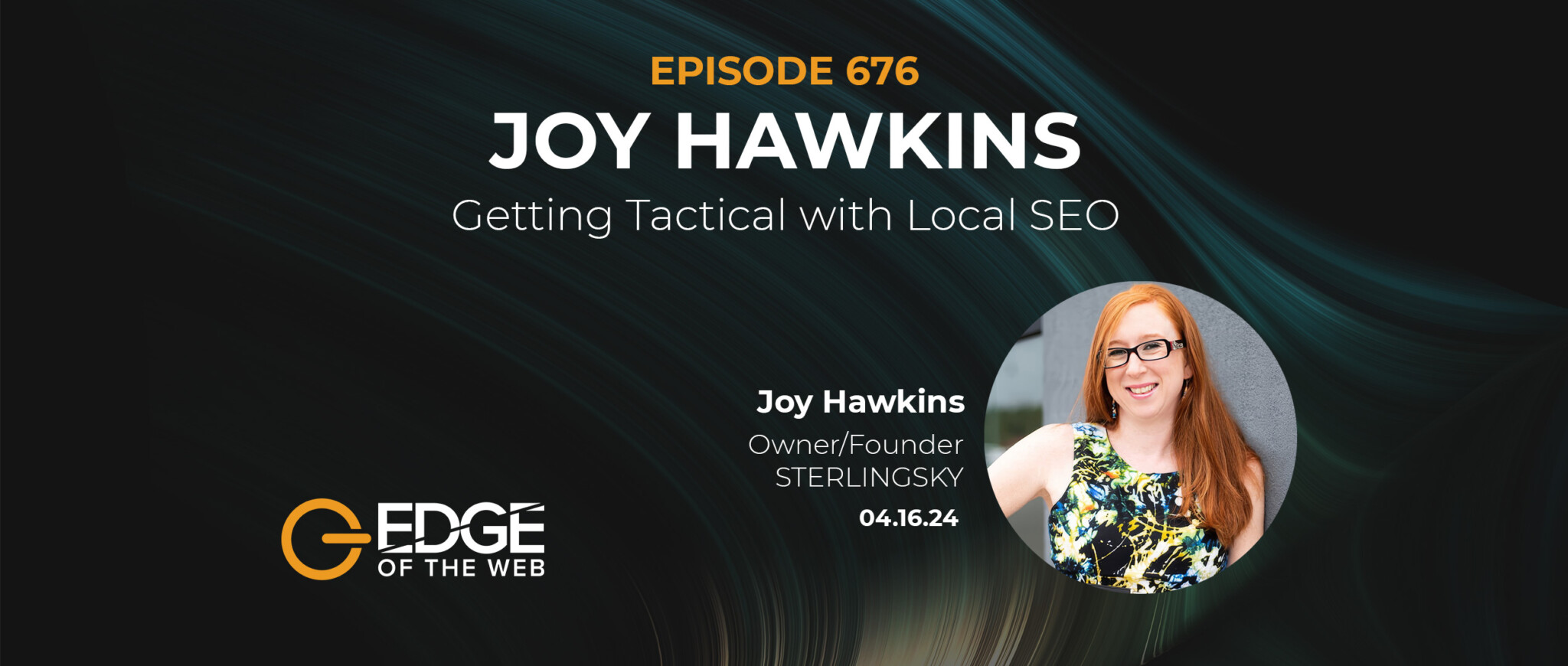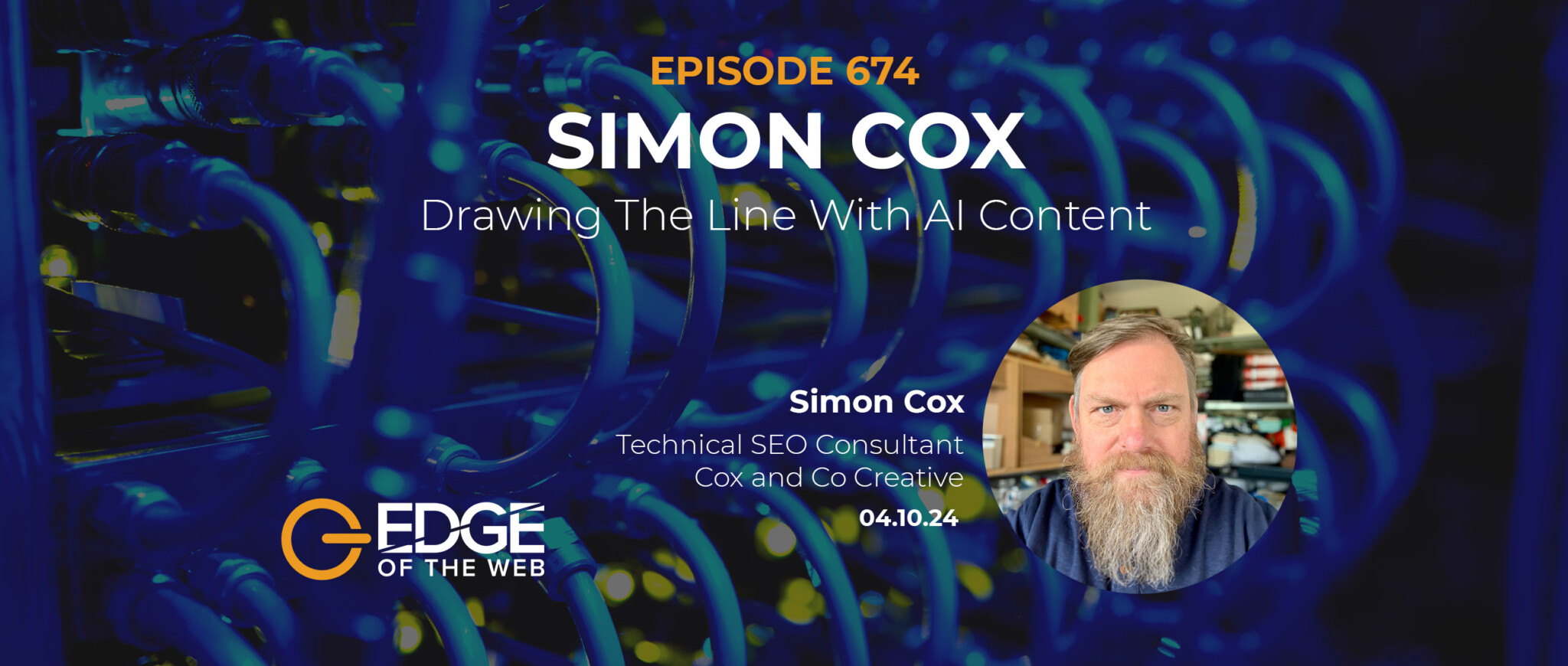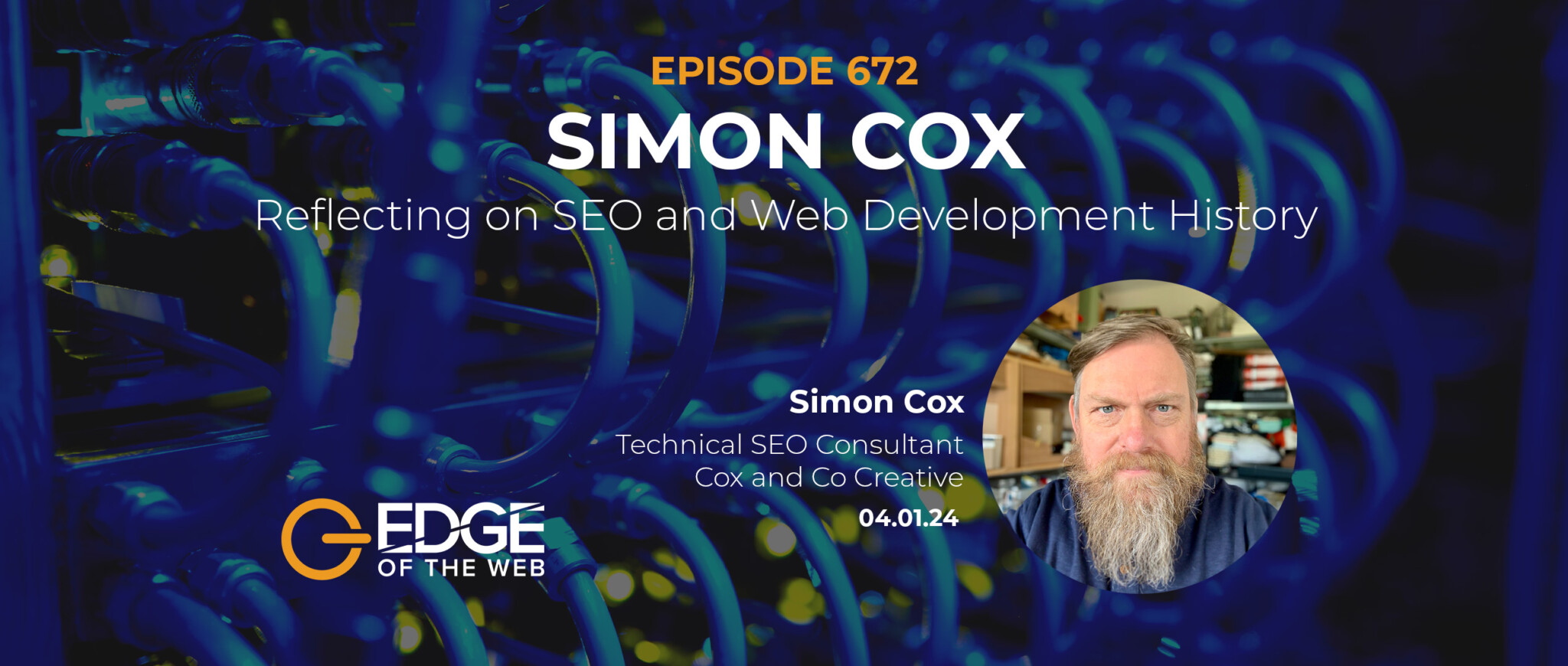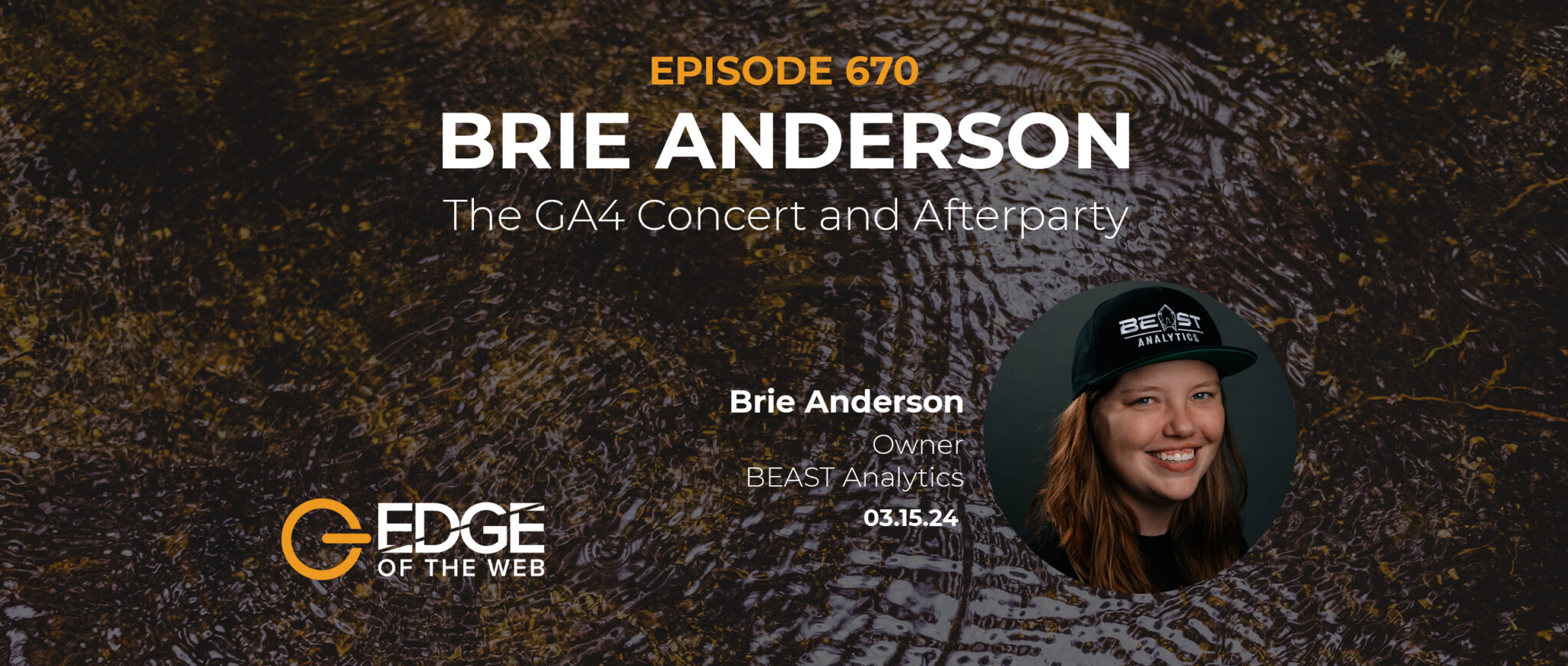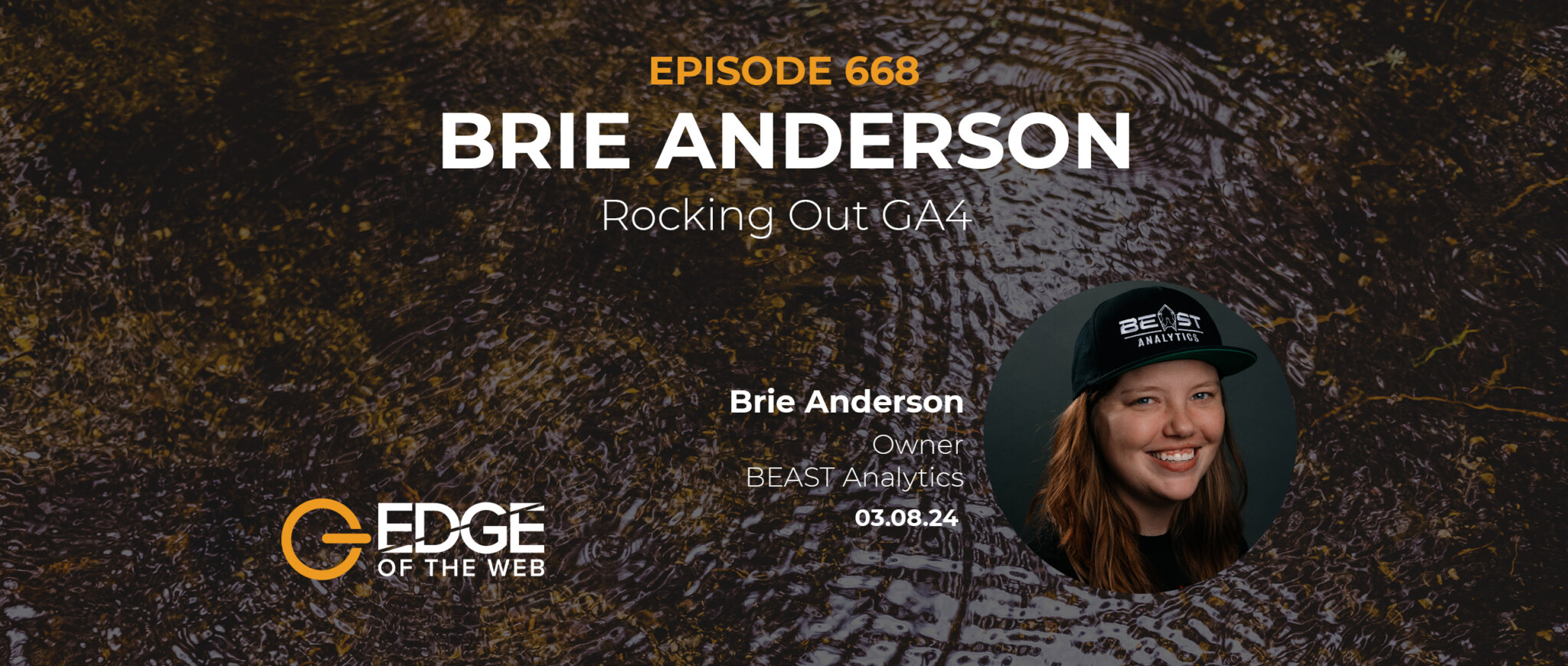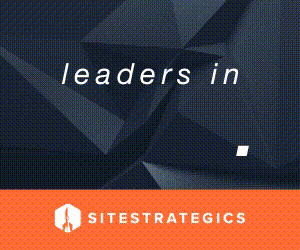When Site Strategics CEO Erin Sparks spoke with special guest Bill Slawski, Director of SEO Research at Go Fish Digital, for episode 323 of the award-winning EDGE of the Web podcast, they talked about why digital marketers need to shift they’re thinking from keywords to concepts. Here’s what we learned:
Google’s Ultimate Intent? To Become an Oracle

With Google’s continuing developments, it can now actually do some of your thinking for you related to your queries by using RankBrain. When a person types the “New York Times puzzle” into Google search, Google is going to connect the dots between that query and your intent and show you crossword puzzle results. It’s using machine learning across the board to do this type of thinking for you.
Google’s ultimate aim is to become an oracle that can answer any and every question asked of it. Google used to “crawl” webpages to collect information about redirects. Now Google bots crawl pages to just collect facts, information, and data it can use to answer more questions. To incorporate this material into knowledge graphs, it’s going for “triples” or “Tuples” meaning subject, verb, object. When a Google bot crawls through a sports news story and sees “Bryce Harper is a Philadelphia Philly…” then it can add “The Philadelphia Phillies have a player named Bryce Harper” to its knowledge graph.
Google is learning how to parse through even complicated relationships between entities. An example would be how it should return results related to the “Planet of the Apes” movie when there’s an original movie from 1968 (and its sequels) and a 2001 remake with the same name. Or results related to Michael Jackson – would it be the deceased king of pop music or the former head of Homeland Security? Google’s knowledge graph reconciliation patent is all about how it can figure out those relationships and keep them clear.
The SEO impact of this is important. It’s about Google knowing the relationship between various entities in its knowledge graph, which is a big leap away from simply focusing on keywords. It’s a shift away from keywords and concepts. This is explained in much greater detail in Bill’s blog article about Google Knowledge Graph Reconciliation.
The Linked Open Data Cloud
And even bigger leap is coming, if it’s not happening already. There are all these databases out there, built by governments, non-profit organizations, and so on. And they’re constantly pinging for those “triples” mention earlier: subject, verb, object. The databases are full of all kinds of bits of information, such as “Product A is a mouth wash,” “Product A contains this chemical,” “Product A contains this chemical,” “This chemical is potentially hazardous to people,” “this other chemical is potentially hazardous to people,” and so on.
These huge databases in the linked open data cloud will become a very rich source of answers for Google, if it’s not already tapping into them and providing answers based on what’s contained in them. Maybe some other company will beat them to the punch.
Connect with Bill Slawski and Go Fish Digital (GFD)
Twitter: @bill_slawski (https://twitter.com/bill_slawski
LinkedIn: https://www.linkedin.com/in/slawski
SEO by the Sea: http://www.seobythesea.com
GFD Website: https://gofishdigital.com
GFD Twitter: @GoFishDigital (https://twitter.com/gofishdigital)
GFD Facebook: @GoFishDigital (https://www.facebook.com/GoFishDigital)
GFD LinkedIn: https://www.linkedin.com/company/go-fish-digital
What’s Your Digital Marketing ROI?
If you haven’t answered this question lately, or ever, Site Strategics can help! Find out how you’re really doing with a Digital Marketing ROI Report that examines your existing SEO, content, social media, and PPC. Visit https://edgeofthewebradio.com/roi/ to get 30% off a comprehensive review of your digital assets!







